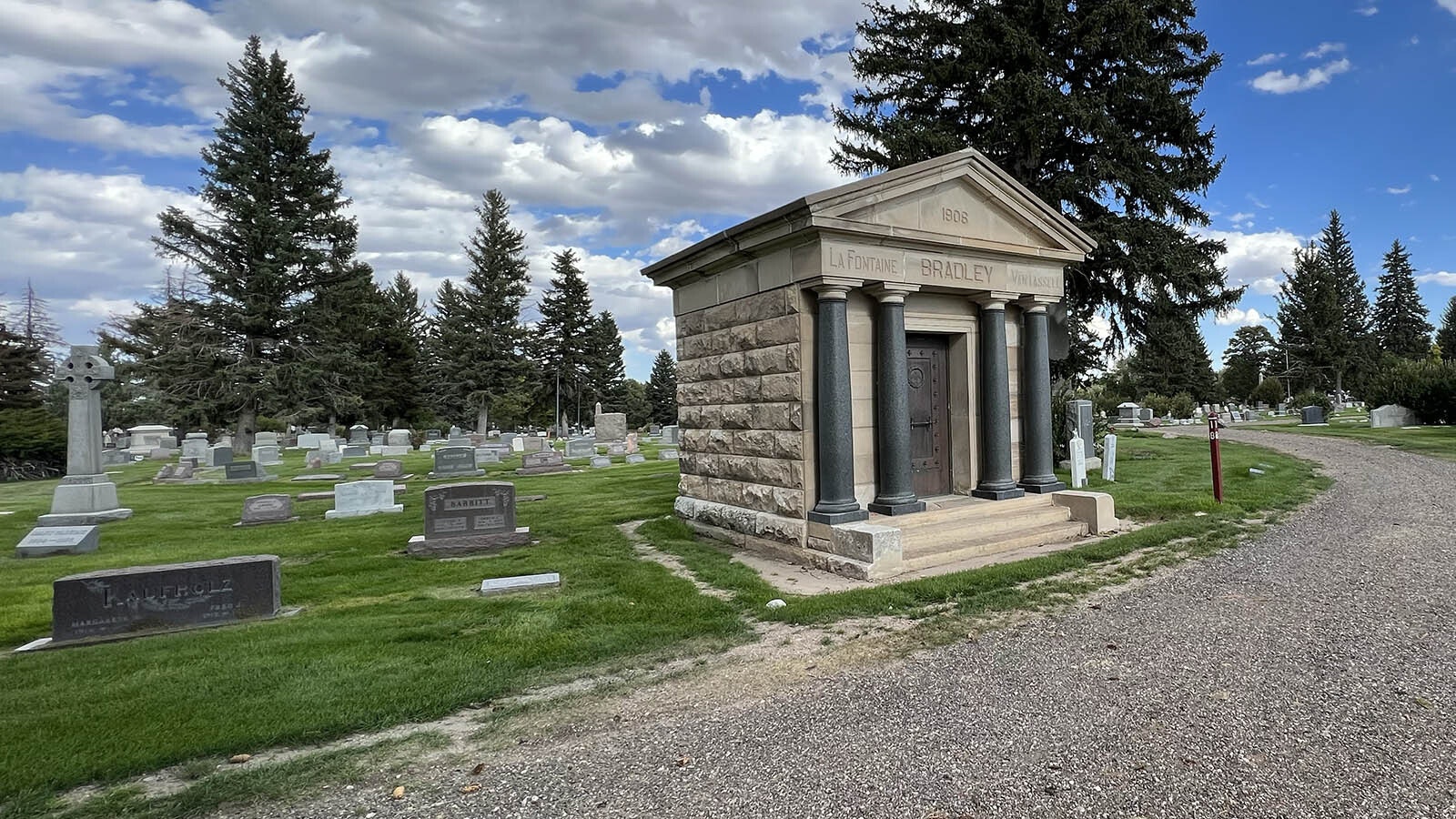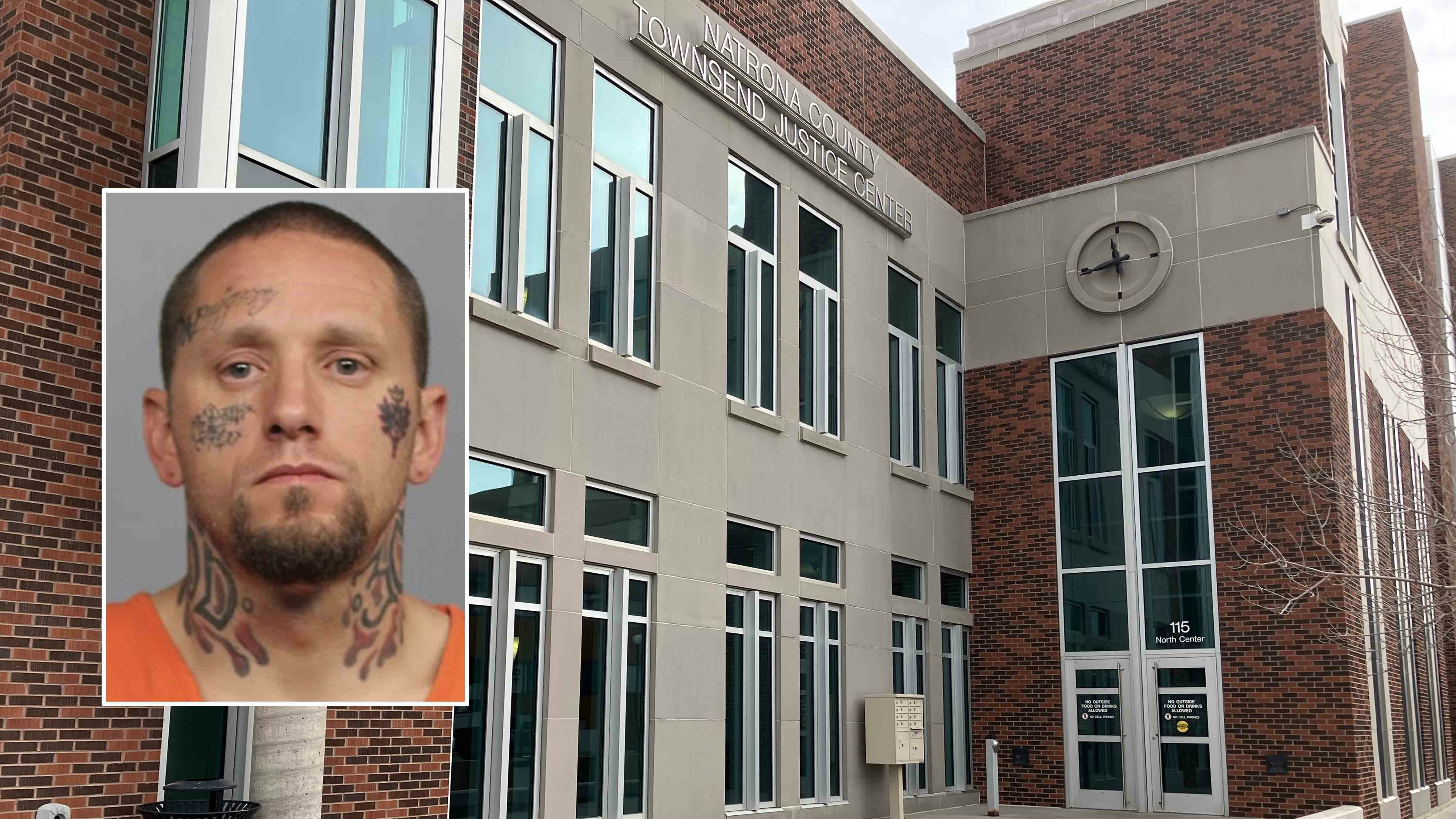Wyoming doesn’t have a law against necrophilia.
But in the typical case in which a prosecutor would be poised to charge someone with necrophilia — which means having sexual intercourse with a corpse — there are already other, more serious charges involved, according to two prosecutors.
“It’s hard to hypothesize because human beings can commit offenses in so many unimaginable ways, but I’m having a hard time imagining an offense of necrophilia that doesn’t accompany a corresponding offense of some level of homicide,” Sylvia Hackl, Laramie County District Attorney, told Cowboy State Daily.
Sweetwater County Attorney Danny Erramouspe agreed with Hackl. Typically, he said, that behavior is at issue where there are already weightier penalties in play than the necrophilia charge would hypothetically carry.
First- and second-degree homicide charges in Wyoming are punishable by a prison term of up to life in prison, while the first-degree variation can bring the death penalty in some cases.
Already Dead
Hackl’s predecessor LeAnne Manlove handled just such a case, where Joseph C. Underwood was accused of murdering his girlfriend and then molesting her corpse.
The office applied a sexual assault charge, but then later dropped that count.
Hackl did not comment on why the office dropped the rape charge, but said it’s fair to conclude generally that the state can’t apply its sexual assault law to a case if the victim was dead during the attack.
“It’s obviously highly distasteful and none of us want to contemplate that,” said Hackl. “But I would think that should such a statute be passed by the Legislature, it would not be utilized very often.”
Still, she continued, the law could be another tool in a prosecutor’s toolbox, especially in case of the nearly unheard-of situation of a graveyard or morgue molester.
She was not emphatic either way.
“If a legislator came to me and said, ‘I’d like to sponsor this statute, how do you feel about it?’ I would not object,” she said. “But at this point nobody’s asked me.”
It was a stance Erramouspe echoed, saying, “I don’t have an opinion on necessity, but it would broaden prosecutorial options in some cases.”
In Underwood’s case, it didn’t matter in the end.
Laramie District Court Judge Peter Froelicher ordered Underwood’s release on Aug. 19, 2022, saying that Underwood was not mentally well enough to be prosecuted and couldn’t be made well enough to be prosecuted.
Here We Go
Jack Hatfield II, deputy prosecutor for the Park County Attorney’s office, told Cowboy State Daily he understood that the Laramie County DA dismissed Underwood’s alleged rape charge because the victim was deceased at the time.
The case is relevant to Hatfield. He is now prosecuting Underwood on claims that Underwood tried to cover his tracks by hiding his girlfriend’s body in Park County.
Hatfield and Hackl agreed, in their separate interviews, that a prosecutor probably cannot charge someone with necrophilia under Wyoming’s law against mutilating corpses.
Mutilation is the act of severing or permanently damaging a body part, according to Black’s Law Dictionary.
“I’m not aware of any Wyoming statute that would cover necrophilia,” said Hatfield, adding that he could not comment on behalf of his office on whether the state needs such a law, since he is not the elected prosecutor.
Park County Attorney Bryan Skoric did not respond by Friday to a Monday email requesting comment.
Hatfield can’t charge Underwood with necrophilia anyway: the alleged attack happened in Laramie County, not Park County.
Dead Or Dying
There also may be grey areas to pin down with the language any proposed necrophilia law.
In the case of Casper man Anthony Rodriguez, for example, the man disfigured and killed his mother-in-law, then raped her as she lay dead or dying Nov. 17, 2019.
A jury convicted Rodriguez of second-degree murder and of domestic battery for hitting his ex-wife. The court later sentenced him to spend between 70 years and life in prison.
Clair McFarland can be reached at clair@cowboystatedaily.com.





